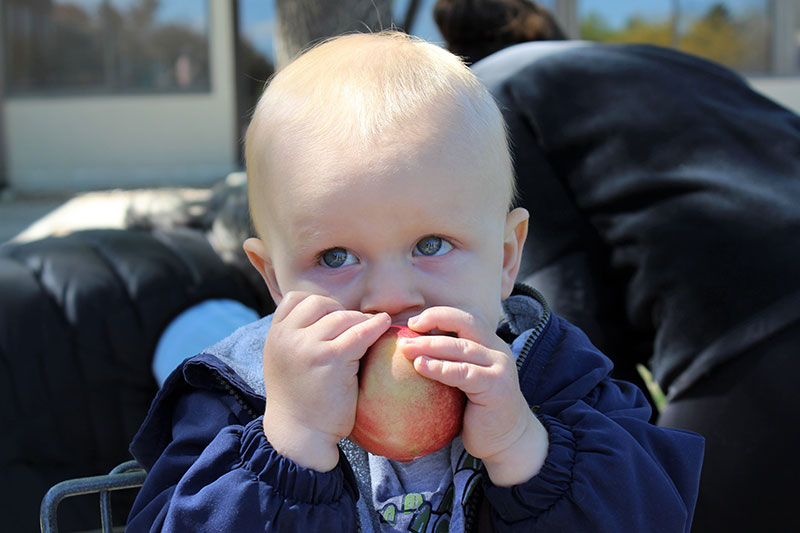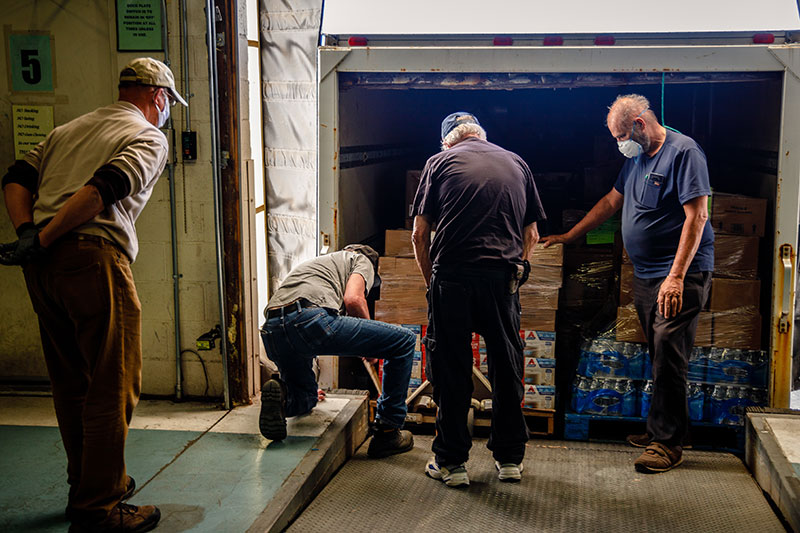Our Food Bank is Fighting Hunger
At Community Food Share, we’re more than a food bank — we’re a neighbor and a friend who’s been fighting hunger in Boulder and Broomfield Counties for decades.
We know that ending hunger in our communities requires collaboration. That’s why we not only provide food directly to families, seniors, students, and others, we’re also a hub — delivering millions of pounds of food a year to local partners to reach people in their communities. Because when we work together, we give more people access to fresh, nutritious food.

The Results Speak for Themselves

40,000 Neighbors Served
Even before the pandemic, our food bank served 40,000 seniors, children, parents, and individuals through our onsite and mobile pantries as well as through collaboration with 40 local partners.

22,000 Meals Each Day
Community Food Share distributes enough food for nearly 22,00 meals each day. Quality is just as important as quantity: more than 70% of the food we distribute is fresh produce or high-protein foods.

12 Tons Rescued Daily
Every day, Community Food Share rescues 12 tons of food that would otherwise go to waste and instead gives it to those who need it, fighting food insecurity while protecting the planet.

Local Hunger is a Reality
34,000 people in our service area are struggling with hunger, including 6,400 children. That’s 1 in every 10 of our neighbors.
Many people don’t realize how prevalent hunger is in our community, because it’s not always what you expect. Most of the people we serve are working, but their wages are not high enough to cover living expenses. Instead, they must choose between food, housing, healthcare, or utilities. Many of them stretch their food budget by skipping meals or purchasing inexpensive, unhealthy food. That’s where we come in.
Local Hunger is a Reality
33,650 people in our service area are struggling with hunger, including 6,400 children. That’s 8.3% of our neighbors.
Many people don’t realize how prevalent hunger is in our community, because it’s not always what you expect. Most of the people we serve are working, but their wages are not high enough to cover living expenses. Instead, they must choose between food, housing, healthcare, or utilities. Many of them stretch their food budget by skipping meals or purchasing inexpensive, unhealthy food. That’s where we come in.

















